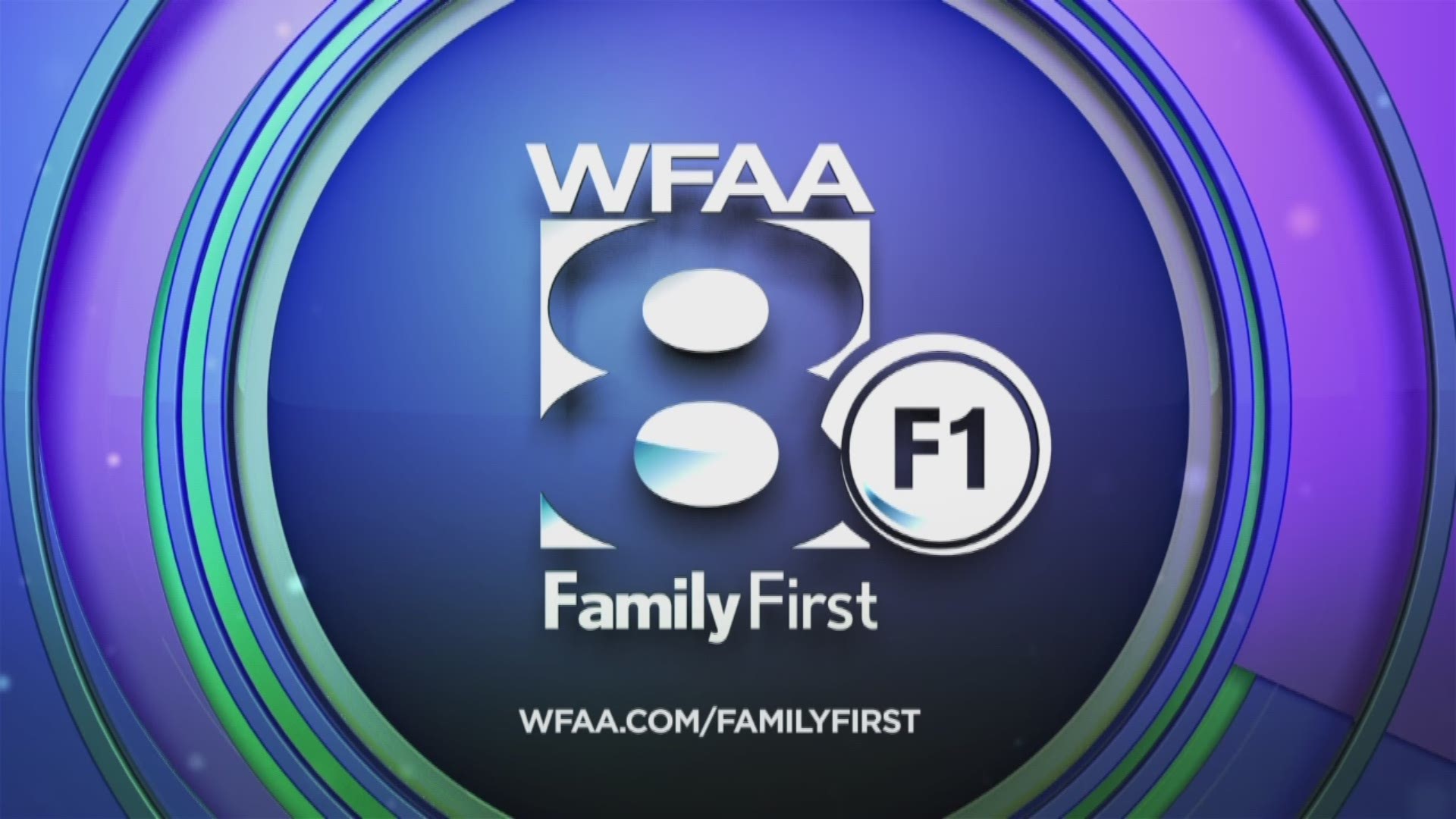May is National Allergy and Asthma Awareness Month. Here are a few Asthma facts and tips from Children's Health, a proud sponsor of WFAA's Family First.
What is Asthma? Asthma is a lung disease that affects about one in 10 children. It is the most common chronic disease of childhood and the number one reason that children miss school, go to emergency rooms, and are admitted to hospitals.
The most common symptoms of asthma are:
• Frequent coughing
• Nigh time wakening with cough or trouble breathing
• Shortness of breath
• Chest congestion, tightness or pain
• Wheezing
Asthma can be triggered by a child’s everyday activities:
• Exercise and playing hard
• Excitement
• Laughing or crying
But there are also a number of environmental triggers that can cause an asthma attack.
• Smoke (either from cigarettes, e-cigarettes or other sources like fireplaces, fires and barbeque pits)
• Dust mites and roaches (the remains of dead insects can float in the air and be inhaled)
• Weather (rapid weather changes, cold, dry air, high pollen and mold counts and high ozone levels can all aggravate asthma symptoms and trigger an attack).
• Pets (Fido, Fluffy and Tweety shed hair and skin flakes that can irritate the lungs)
What can you do to manage your child’s asthma?
• Work with your child’s health care provider to create an individualized asthma action plan. This plan will tell you when your child should take asthma medicines based on symptoms.
• Make sure that every adult your child interacts with (teachers, coaches, babysitter etc.) have a copy of your action plan.
• Give your child asthma controller medicine every day if your health care provider has prescribed one. Do not stop it unless you and your child’s provider agree it is time to stop even if your child is not having asthma symptoms.
• Make sure your child has access to their reliever medication (sometimes called rescue) wherever they spend their time (sporting events, school, etc.). If your child needs the reliever more than twice a week during the day or twice a month at night for asthma symptoms, their asthma IS NOT UNDER CONTROL. Talk to your health care provider.
• Download My Asthma Pal, the Children’s Health asthma management app. My Asthma Pal helps make asthma management simple. With it you can:
o Enter the asthma action plan your provider prescribed
o Track medications
o Access asthma education resources
o And more
To download the free app on your device, search “My Asthma Pal”, and for more information on managing your child’s asthma, visit childrens.com/asthma or call 214-456-LUNG.

